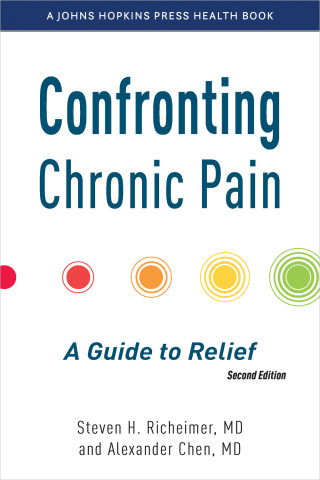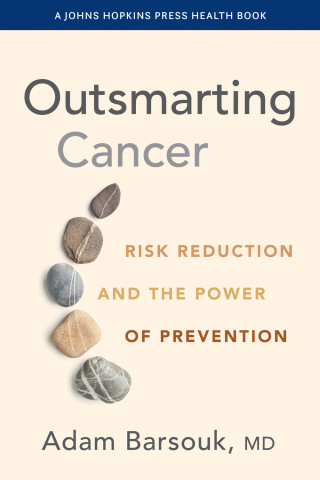
Reviews
Dr. Steven Richeimer has written a brilliant, comprehensive and engaging book on how to confront chronic pain. Anyone suffering from chronic pain and every practitioner who treats chronic pain needs to read this book.
Confronting Chronic Pain is a highly accessible, practical roadmap for navigating the many challenges related to living with a chronic pain condition. It is a tremendously helpful guide to the biopsychosocial model of pain that I would recommend for providers, patients, families, and anyone involved in chronic pain management.
Dr. Steven Richeimer has written a brilliant, comprehensive and engaging book on how to confront chronic pain. Anyone suffering from chronic pain and every practitioner who treats chronic pain needs to read this book.
Book Details
List of Tables
Acknowledgments
Introduction
1. The Science of Pain
2. Chronically Painful Conditions
3. Pain Medications and How They Work
4. Mind-over-Pain Therapies
5. Body-over-Pain Therapies
6
List of Tables
Acknowledgments
Introduction
1. The Science of Pain
2. Chronically Painful Conditions
3. Pain Medications and How They Work
4. Mind-over-Pain Therapies
5. Body-over-Pain Therapies
6. Complementary and Alternative Therapies
7. Spirit over Pain
8. The Family in Pain
9. The Patient in Control
10. The Future of Pain Management
Notes
Glossary
Resources
Index






